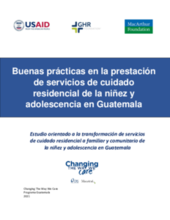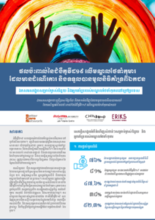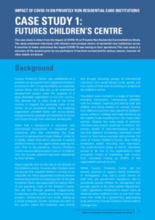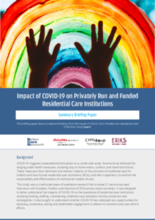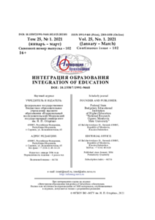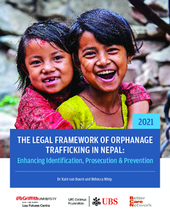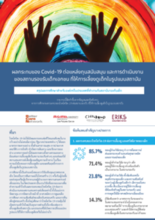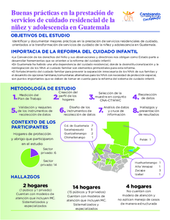Displaying 181 - 190 of 1511
Estudio orientado a la transformación de servicios de cuidado residencial a familiar y comunitario de la niñez y adolescencia en Guatemala.
This chapter reviews the state of the art in the study of caseworkers' psychosocial processes underlying the out-of-home placement decision following instances of child maltreatment by integrating existing literature on both child protection and social psychology.
This study was a small-scale piece of qualitative research that involved 21 semistructured interviews with founders, funders, and directors of RCIs across 7 countries. It was designed to better understand the impacts of COVID-19 on the operations of residential care institutions including funding, staffing, volunteering, children’s care, education, family connection and reintegration.
This case study is drawn from the Impact of COVID-19 on Privately Run Residential Care Institutions Study. It presents a summary of the account given by one participant.
This briefing paper draws on data and findings from the report: Impact of COVID-19 on Privately Run Residential Care Institutions: Insights and Implications for Advocacy and Awareness Raising.
The study sought to reveal socio-psychological factors of successful integration of institutionalized adolescents into mainstream schools.
This study utilizes narrative and quantitative synthesis to review the scientific evidence on the associations between growing up in SOS villages and child development in various domains. Results showed developmental delays of SOS children compared with their peers in families. Compared to children in typical institutions SOS children do better on mental health but worse on physical growth. The preliminary evidence suggests that SOS Children’s Villages should move away from institutional arrangements to family care.
This study examines Nepal’s compliance with international legal obligations, its child protection and anti-trafficking laws, and its criminal and procedural laws that regulate illegal transfer and trafficking of children. The study also raises issues regarding victim identification, inspection of child care homes and complaint mechanisms.
โควิด-19 ก่อให้เกิดการหยุดชะงักอย่างไม่เคยปรากฏมาก่อนในระดับโลก รัฐบาลบังคับใช้มาตรการด้านสาธารณสุขในวงกว้าง ซึ่งรวมถึงคำสั่งให้อยู่บ้าน เคอร์ฟิว และข้อจำกัดการเดินทาง มาตรการเหล่านี้มีผลกระทบทั้งทางตรงและทางอ้อมต่อการจัดหาบริการดูแลเด็กในที่พักอา
OBJETIVOS DEL ESTUDIO: Identificar y documentar mejores prácticas en la prestación de servicios residenciales de cuidado, orientados a la transformación de servicios de cuidado de la niñez y adolescencia en Guatemala.

